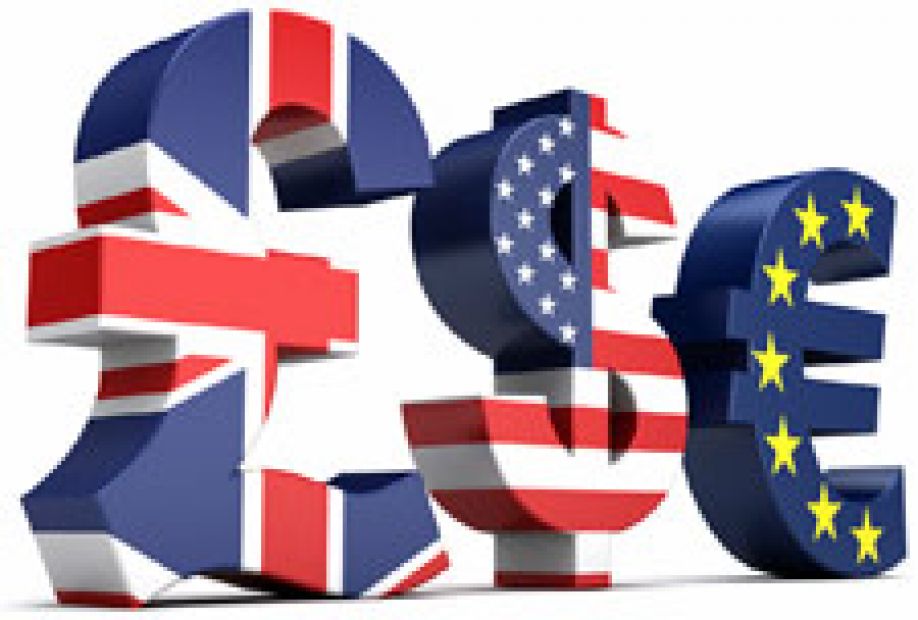Some of the type of companies that were part of the files included shell corporations and legal structures known as trusts, which involved in more than 170 countries. The leak amounted to over 260 gigabytes of data, or 162 times larger than the U.S. State Department cables published by WikiLeaks in 2010.
The ICIJ said that the documents show data about "dodgy characters", such as people running Ponzi schemes, stock scams and hiding money in offshore accounts, but also the names of famous politicians, business leaders, and even doctors, dentists and lawyers.
Dennis Howlett, executive director of lobby group Canadians for Tax Fairness, said the documents reveal the secrecy and complexity involved when money is moved around the world to avoid taxation.
"This really reveals how the whole system works," Mr. Howlett said in an interview last week. "There's a level of detail here that we just haven't had before, which is very interesting."
Queen's law professor Art Cockfield, who pored over the leaked documents and told reporters last week that people have been using offshore financial centers much more than previously though.
"If that just a couple of service providers in a couple of small islands, one gets the sense that the problem may be even greater than all of the analysts thought in the past," he said. "It's immense. We e just seeing a little slice of the problem."
Politicians and Companies Worldwide Face Questions Regarding Offshore Accounts.
The massive leak of offshore financial records that came to light due to the ICIJ has shed light on the hidden of some of the world most prominent business and government leaders.
Pressure has hit Prime Minister David Cameron to change the six tax havens under British domain, including the Cayman Islands, the Isle of Man, and the Virgin Islands. Liberal Senator Percy Downe said he wants his caucus's colleague, Senator Pana Merchant, to explain why she had an offshore trust set up in Cook Islands under her husband's name. In Mongolia, the country's deputy Parliamentary Speaker said that he is thinking about resigning after his secret offshore company and Swiss Bank account were exposed.
Banks have also been facing widespread criticism due to ICIJ's findings. Two of the largest Dutch banks, ANG and ABN Amro, are currently being asked questions over their offshore dealings. 21 current and former members of ING's board of directors were part of the leaked offshore records, which showed that both banks helped establish dozens of offshore companies for their customers. Furthermore German, French and Swiss banks have also set up thousands of secretive companies in offshore havens for Thai and Pakistani politicians.
Exotic Offshore Centers Considered Taking Strong Criticism.
The ICIJ report found that smaller islands and offshore centers that once appeared to be in the shadows of Switzerland and other major offshore centers are hiding the identities of many wealthy individuals who sometimes hide millions of dollars offshore. The leaked files and the report from ICIJ revealed how secretive and wealthy the smaller offshore financial centers were.
The ICIJ report ranked Cook Island as being the top offshore tax haven on the planet. Journalist Nicky Hager's investigation into the island's offshore financial center revealed how thousands of government officials and rich famous around the world have stashed cash in the secret islands trust to avoid domestic taxes.
Hager said Tax havens are the great black holes of the world, a lot of dodgy things go on and this is the biggest leak ever, it much bigger than anything ever before here's a whole suite of inside information of how that world works." The Cook Islands offshore finance business earns big money for the country, only second to tourism. In fact, Analyst and experts predict that $20~30 trillion may be hidden in offshore tax havens across the world.
The Future of Offshore Centers.
Offshore financial centers have always received major criticism from politicians and governments over the years. But this incident was not significant enough to undermine every offshore center in the world, but it has worsened the negative connotation that comes with the phrase "Offshore Financial Center".
Despite the fact that this report has surfaced that has damaged the names of these offshore centers, we expect only marginal changes in international policy and domestic policy by the countries. Even as the world economy has stumbled, the offshore world has continued to grow, said Henry, who is a board member of the Tax Justice Network, an international research and advocacy group that is critical of offshore havens. His research shows, for example, that assets managed by the world 50 largest "private banks" - which often use offshore havens to serve their "high net worth" customers - grew from $5.4 trillion in 2005 to more than $12 trillion in 2010.
These offshore centers will still continue to grow as long as these countries depend on offshore financial centers revenue, such as the Cook Islands, or until heavy pressure is used by foreign powers to force them to play by the rules. The ICIJ report is a major steeping stone in reviewing the extensive use of offshore centers, but it not enough to make significant regulatory changes.
















